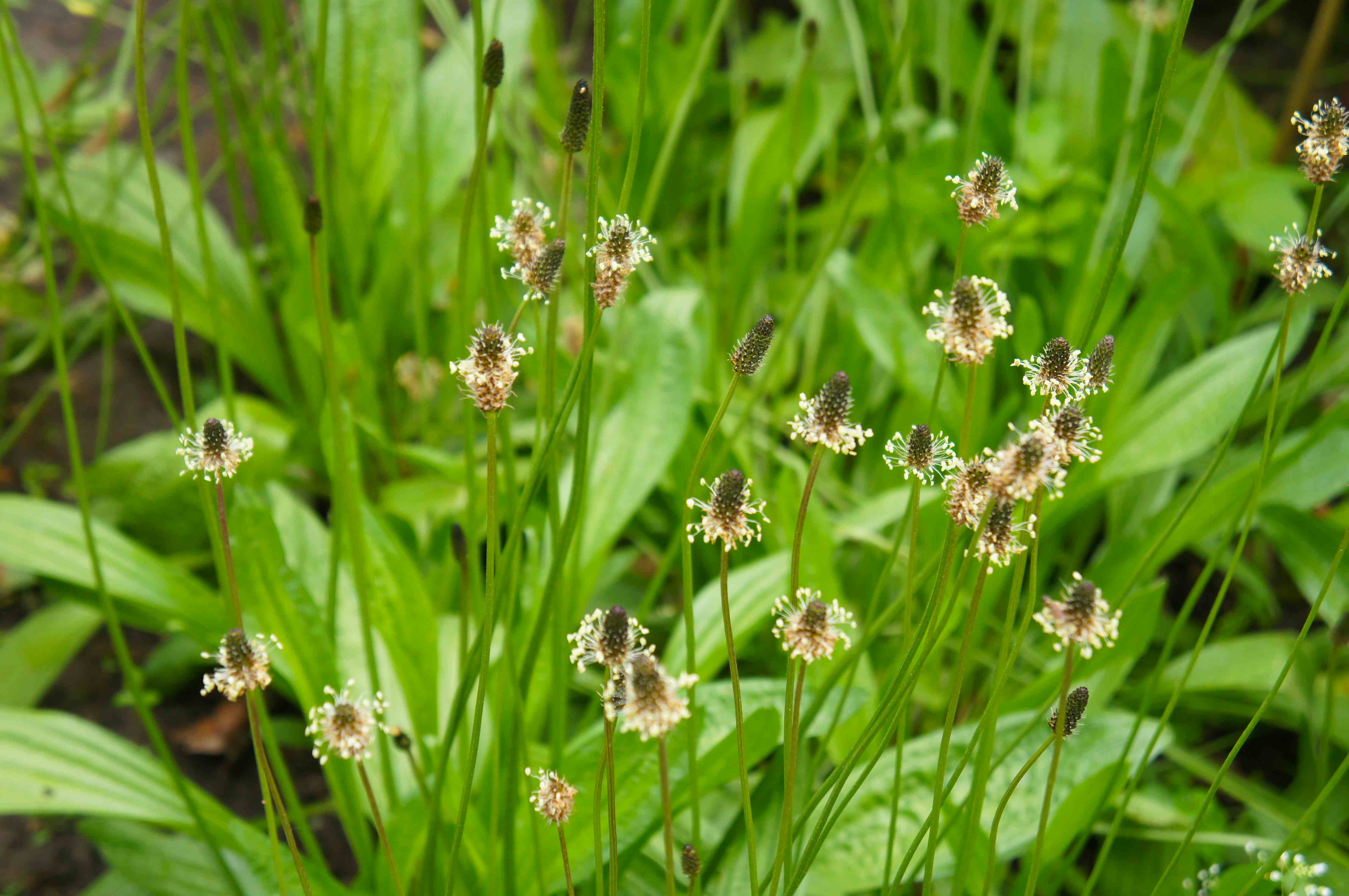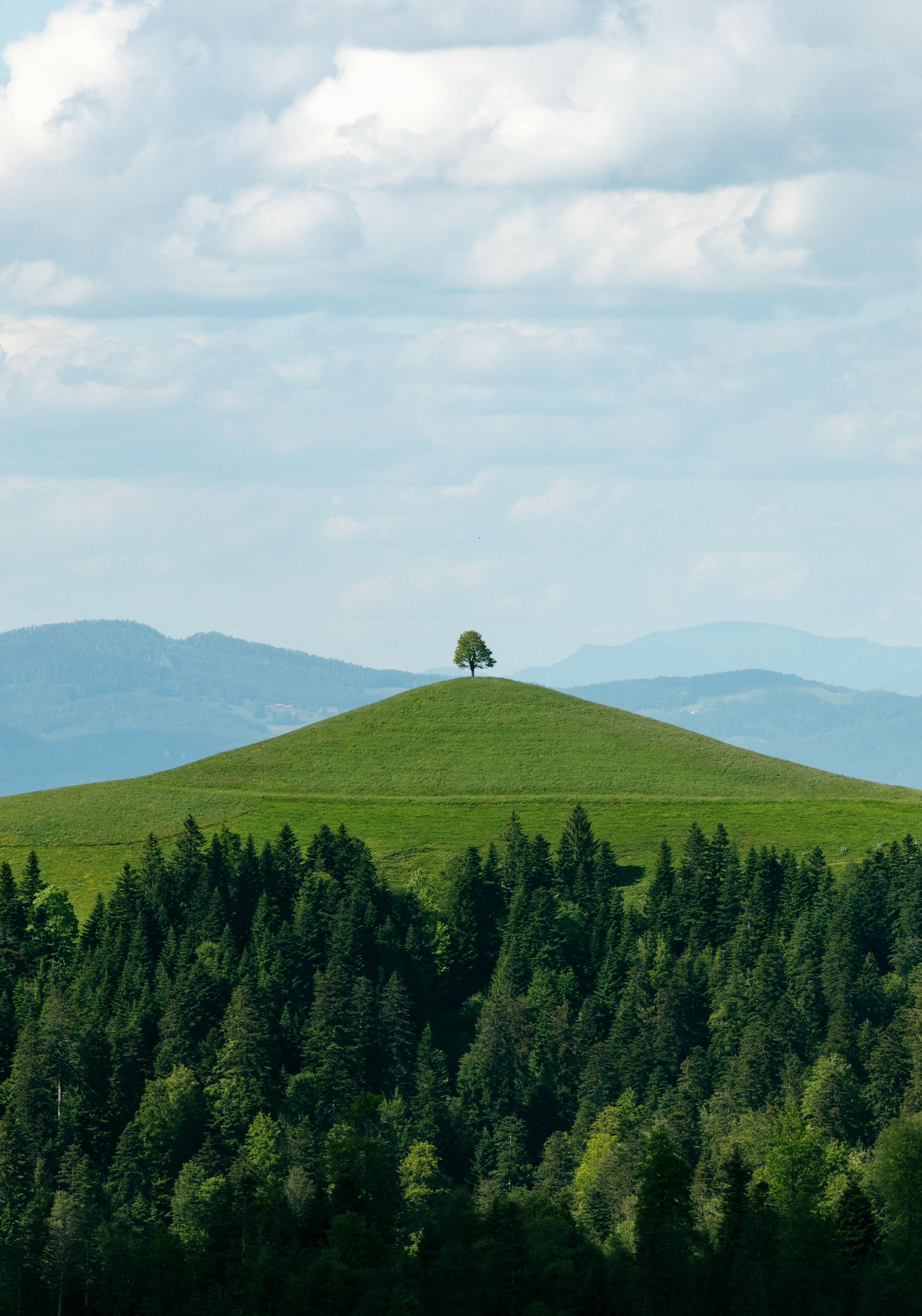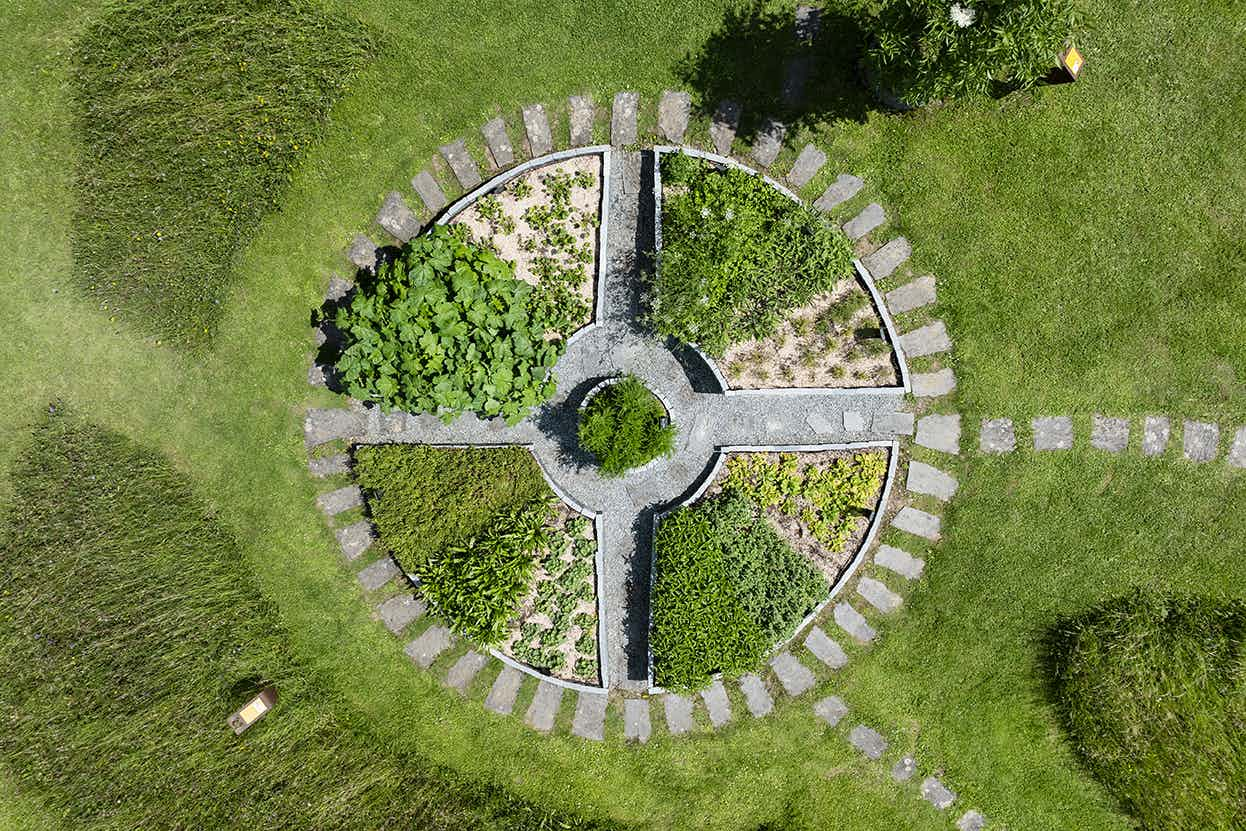Plantain

“Someone has to do it. I mean, pollination and stuff. In my case it is not bees and insects. I turn to larger creatures like animals and humans. My seeds are sticky. So I put them on everything that touches me. This has been very effective. So I stick to it."
Survival artist
Plantain (Plantago lanceolata) is an undemanding herb, often found by the roadside where the ground meets the road. But plantain's healing powers were discovered long before proper roads were built. Because the weedy plantain tends to grow rather flat to the ground, its Latin name 'plantea' is derived from the word 'planta', which means 'sole of the foot'.
Native North Americans put a twist on the name, calling plantain "the white man's footprint". This was because plantain's sticky seeds were spread by the boots of European settlers. So the original European-Asian herb plantain became truly cosmopolitan. In addition to the leaves, the seeds of this plantain are also in use and are said to have a mild laxative effect.
Facts and Figures
- 50
- Plantain is up to 50 cm tall.
- Plantain is used to treat hoarseness and coughing.
- 60 K
- Plantain can produce up to 60,000 seeds per plant.
FAQ
The content on this webpage is provided for informational purposes only, it does not substitute professional medical advice or seeing a doctor, and it should not be used for any promotional purpose of our products.

